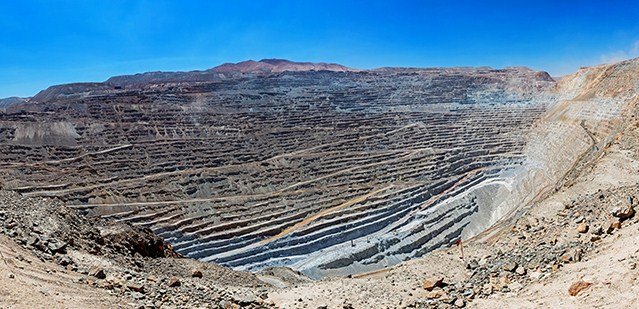A sharp decline in investments amid global economic slowdown
Israel’s climate tech sector, which has been growing rapidly in recent years, is facing a funding crunch in 2023. According to a new report by the Israel Innovation Authority (IIA) and the non-profit organization PLANETech, climate tech investments in Israel dropped by 60% in the first half of 2023 compared to the same period in 2022. The report attributes the decline to the deteriorating global macroeconomic conditions, which have affected the overall venture capital and private equity markets.
The report, titled “Climate Tech in Israel 2023”, analyzes the trends and challenges of the Israeli climate tech ecosystem, which includes startups, investors, corporations, and government agencies working on solutions for mitigating and adapting to climate change. The report defines climate tech as any technology that reduces greenhouse gas emissions or enhances resilience to climate impacts across various sectors, such as energy, transportation, agriculture, water, and waste.
The report shows that in the first half of 2023, Israeli climate tech startups raised $240 million in 32 deals, compared to $600 million in 54 deals in the first half of 2022. This represents a 60% decrease in funding and a 41% decrease in deal count. The report also reveals that the average deal size in the first half of 2023 was $7.5 million, down from $11.1 million in the first half of 2022.
A contrast to the previous growth trend and global leadership
The funding slump in 2023 contrasts with the previous growth trend of the Israeli climate tech sector, which saw a 320% increase in investments from 2018 to 2021, reaching a record high of $1.44 billion in 2021. The report notes that Israel has been a global leader in climate tech innovation, ranking fourth in the world in terms of the number of climate tech startups per capita, and second in terms of the share of climate tech investments in the total tech investments.
The report highlights some of the success stories of the Israeli climate tech sector, such as the IPOs of Ecoppia, a provider of robotic solar panel cleaning solutions, and Innoviz, a developer of lidar sensors for autonomous vehicles, as well as the acquisitions of SolarEdge, a manufacturer of smart inverters for solar systems, by Koch Industries, and of CropX, a developer of soil sensors and irrigation optimization software, by Valmont Industries.
The report also identifies some of the emerging sub-sectors within the Israeli climate tech ecosystem, such as hydrogen, carbon capture and utilization, and climate intelligence, which have attracted significant attention and funding in recent years.
A need for more support and collaboration to overcome the challenges
The report warns that the funding crunch in 2023 poses a serious threat to the survival and growth of the Israeli climate tech sector, which is already facing several challenges, such as the lack of local market demand, the regulatory uncertainty, the talent shortage, and the competition from other countries. The report calls for more support and collaboration from all the stakeholders in the ecosystem, including the government, the investors, the corporations, and the academia, to overcome these challenges and to seize the opportunities of the global transition to a low-carbon economy.
The report recommends several actions to boost the Israeli climate tech sector, such as increasing the public funding and incentives for climate tech R&D and deployment, creating a national strategy and roadmap for climate tech innovation, fostering more partnerships and alliances between startups and corporations, both locally and internationally, and enhancing the education and training programs for climate tech entrepreneurs and professionals.
The report concludes that despite the current difficulties, the Israeli climate tech sector has a strong potential to become a key driver of the country’s economic growth and social impact, as well as a source of competitive advantage and leadership in the global arena.

